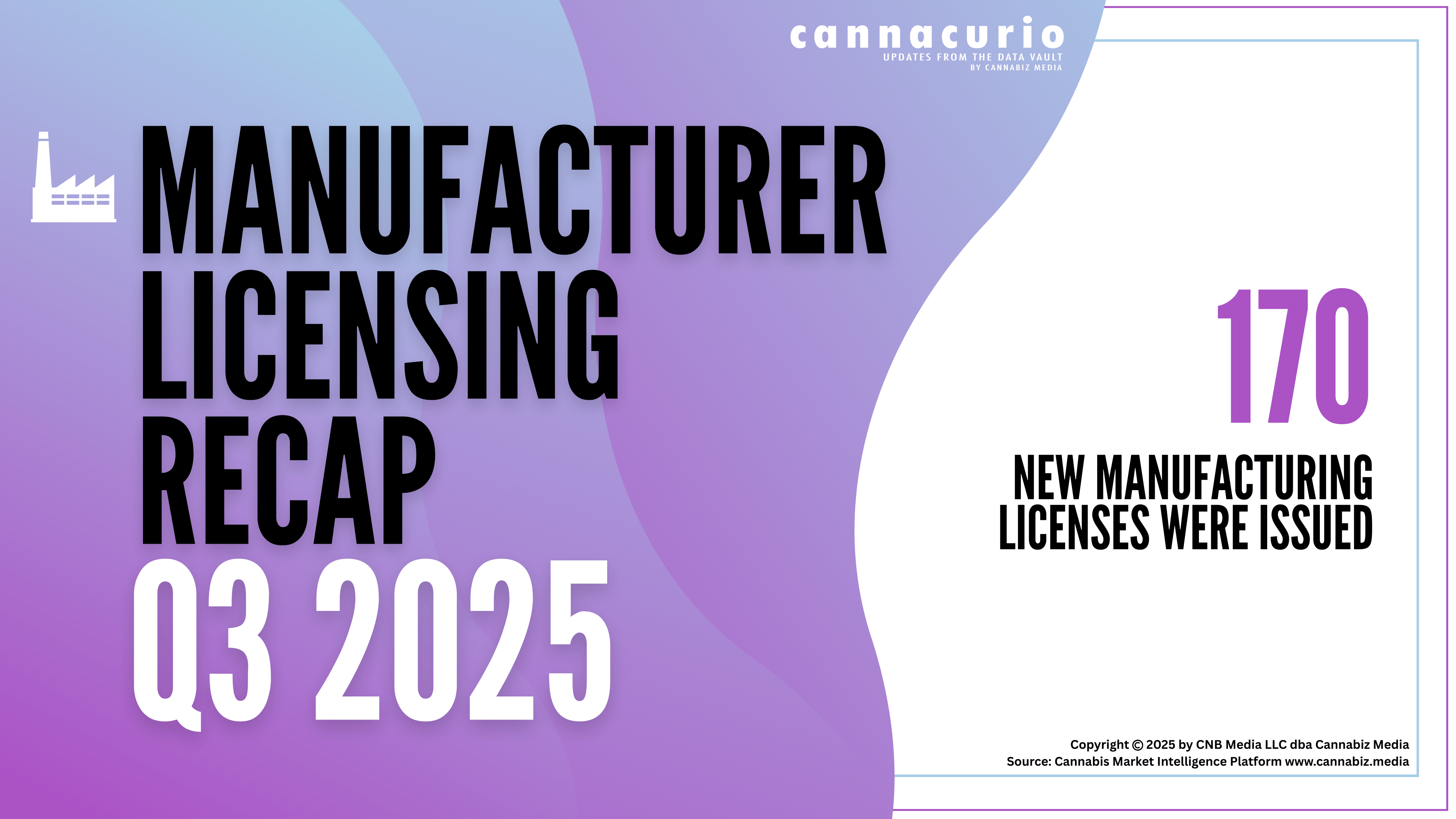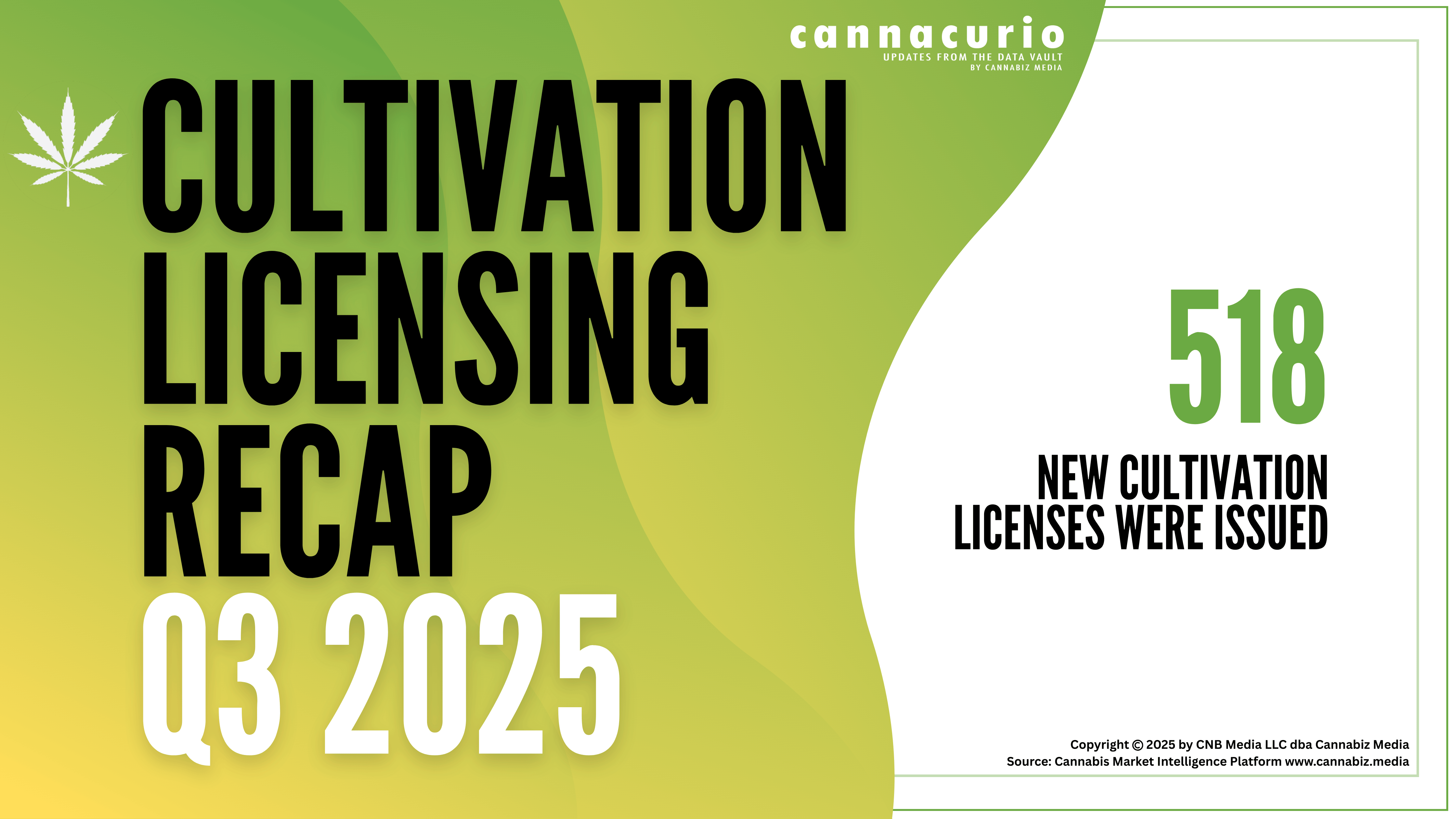
The Effects of Cannabis Delivery on Market Growth
We live in a society that likes instant gratification and convenience, and consumers are willing to pay for it. This includes food delivery, grocery delivery, pharmacy delivery, you name it delivery – and cannabis delivery is no exception.
In fact, the COVID-19 pandemic put demand for cannabis delivery on a fast track that now shows no signs of slowing down. As a result, many patients and consumers across the country now have faster, more convenient access to cannabis products, and increasing delivery sales show people like it.
In fact, they really like it, and we’ll see more states pass new delivery laws or expand their existing regulations in the near future.
States that Allow Cannabis Delivery
Currently, 15 states allow some type of cannabis product delivery, but only some states require specific delivery business licenses. Those 15 states are:
- Arizona
- Arkansas
- California
- Colorado
- Florida
- Maine
- Maryland
- Massachusetts
- Michigan
- Nevada
- New Mexico
- New York
- Oregon
- Rhode Island
- Vermont
The Cannabiz Media License Database is tracking well over 1,000 active licenses specifically granted for delivery businesses in eight states, and more are added all the time as applications are submitted, licenses are awarded, and delivery businesses become operational.
Common Cannabis Delivery Models Today
The common cannabis delivery models that states follow today are:
- Through a licensed retailer or dispensary (no separate delivery license is required)
- Through a separate delivery license where the business sources products from one or more licensed retailers or dispensaries
- Through a separate delivery license that allows the business to obtain products directly from licensed cultivators, manufacturers, or producers
- Through a “gift” delivery system in Alaska and Washington, D.C.
Some states allow businesses to participate in the cannabis economy by offering multiple delivery options. Since delivery is one of the lower cost-of-entry routes into the industry, delivery licenses have also become a key part of some states’ social equity efforts.
Massachusetts provides a great example of providing multiple approaches to delivery within a single state while addressing social and economic equity issues at the same time.
Two types of adult-use delivery licenses were created in Massachusetts. The Marijuana Courier license allows the license holders to charge a fee to make deliveries from licensed retailers to customers. They cannot sell cannabis products nor can they process, store, or repackage them.
The Marijuana Delivery Operator license allows the license holders to buy wholesale products and deliver those products to customers from their own warehouses.
Marijuana Courier License applications became available to equity applicants in 2020, and in May of 2021, applications for Marijuana Delivery Operator licenses opened exclusively to social equity and economic empowerment employees for a minimum of three years. As of Friday, May 28, 2021, nearly 400 license applicants were identified as eligible for these delivery licenses. Of those applications, nearly 300 were social equity program applicants and 122 were certified economic empowerment applicants.
The Coming Threat from Big Business
The booming demand for delivery isn’t unique to the cannabis industry, and big companies have noticed. For example, Uber has moved into food delivery, and with its recent acquisition of Drizly, it will soon offer alcohol delivery. Cannabis seems like a natural next step.
In fact, Uber’s CEO, Dara Khosrowshahi, told CNBC in a recent interview, “When the road is clear for cannabis, when federal laws come into play, we’re absolutely going to take a look at it.”
The interest in cannabis delivery from outside the industry isn’t surprising when you look at the data. In the first month after March 13, 2020 when the U.S. went on coronavirus lockdown, new signups for the Eaze delivery app increased by nearly 60%. At the same time, first-time deliveries jumped by 44%, and order sizes increased by 15%.
Fast forward six months later, and a September 2020 poll by Ganja Goddess found that 52% of its delivery service customers said they use cannabis delivery for convenience.
Key Takeaways about Cannabis Delivery and Market Growth
We live in a convenience-driven society, and cannabis delivery meets that demand. You can expect to see more delivery businesses and evolving state and local regulations related to delivery in the coming months and years.
Of course, the Cannabiz Media team will be tracking all of those licenses in the Cannabiz Media License Database. Schedule a demo to see how you can connect with them!

.png)

